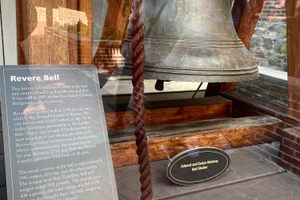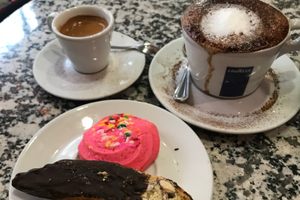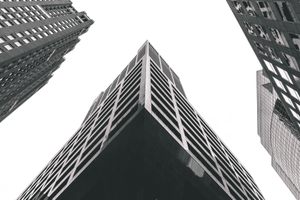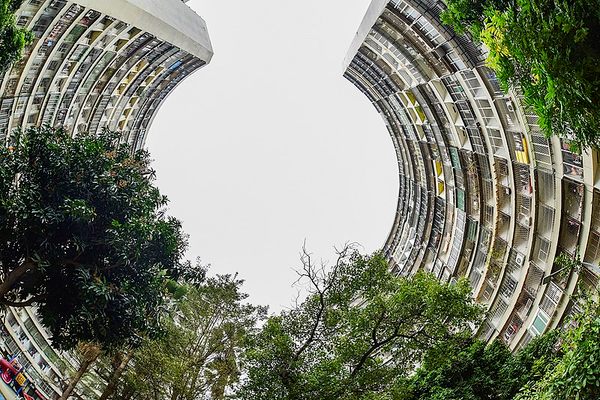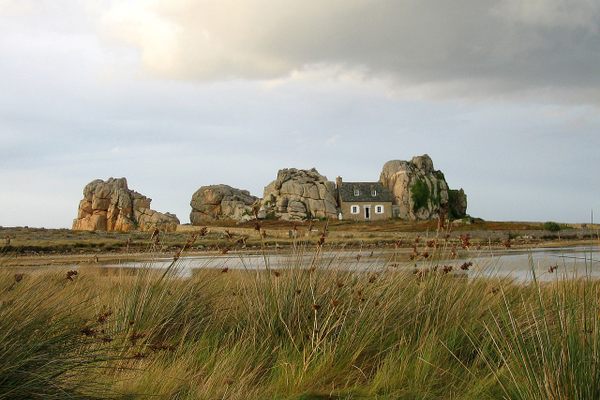About
Paul Revere was made famous by the eponymous poem by Henry Wadsworth Longfellow: “Listen my children and you shall hear of the midnight ride of Paul Revere…”
You probably already know that Paul Revere could ride a horse. His Midnight Ride from Boston through Lexington and Concord, to alert colonists to oncoming British troops, has become an emblem of early American patriotism. You probably didn’t know that he was a silversmith, making all things metal from belt buckles to 900 lb bells for the townspeople of Boston in the late 1700s. As was common for silversmiths of that era, Revere also worked as a dentist.
Revere made engravings, too, an unusual skill for a silversmith, as such work was usually reserved for expert engravers. But his engraving of the Boston Massacre detailed exactly where citizens were shot in the square, and was intended to be used as a court document against the British soldiers.
Incidentally, his house is the oldest remaining building in downtown Boston - quite the historical coincidence. In the late 1800s, a century after his ride and the birth of the nation, his house was going to be demolished. To save it, Revere’s great-grandson helped found the Paul Revere Memorial Association and opened the house to the public in 1908 (making it one of the earliest historic house museums in the United States). The house is representative of colonial architecture with no interior hallways and today features period furnishings and a Colonial-era garden. One of Revere’s bells sits in the courtyard.















